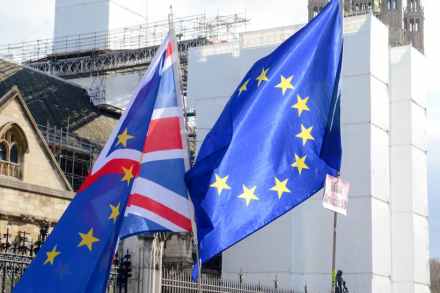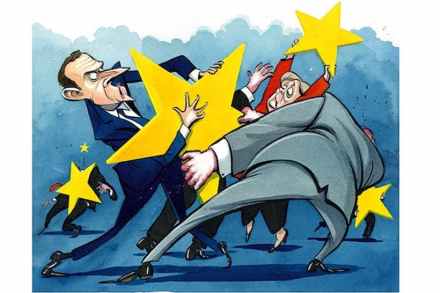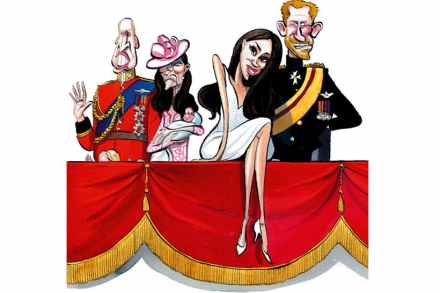‘We will never return, there is no going back’: the Brexit Day party, as it happened
Remainers were there too. The first people I met at the Brexit Day festivities were opposed to the whole idea. I found them on Westminster Bridge, a man and his wife, posing with an EU flag. When the man spoke his voice faltered as if his pet spaniel had just died. ‘I married a German woman. I’ve been brought up to tolerate other cultures and lifestyles.’ I asked which of the many crises outlined by Project Fear would strike us first. ‘Economic slump,’ he said. Will Britain ever re-join? ‘Maybe in two generations.’ A couple with a toddler spotted the EU flag and joined us for a chat. They’d planned



















